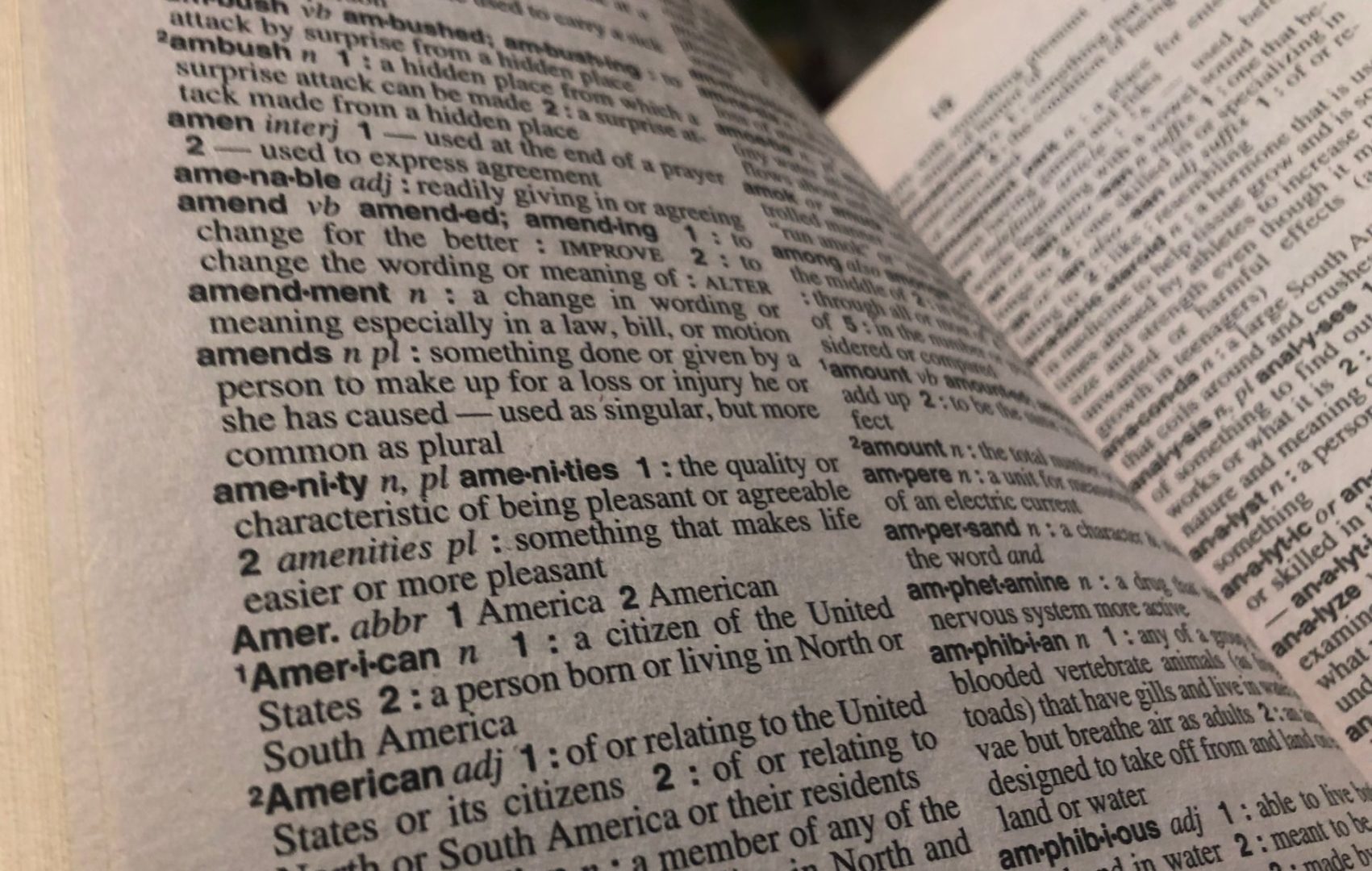
Photo by Geoff Rushton | StateCollege.com

Photo by Geoff Rushton | StateCollege.com
Friends, does your house have a walk-in closet? And would it, perchance, be in the master bedroom?
If so, you might want to keep quiet about it.
Mum might also be the word when you’re entering your user ID, killing two birds with one stone or identifying yourself as an American.
The danger: harmful language use.
I have here in my hand, as a certain Wisconsin senator once said, a document titled “Elimination of Harmful Language Initiative.” The EHLI, emanating from IT folk at Stanford University, lists “potentially harmful” terms in everyday speech, with explanations of what’s offensive about them and suggested alternatives.
The problem…
As a journalist, I subscribe to the credo, “If your mother says she loves you, check it out.” (I corroborated my own mother’s claims to tender feelings for me with the requisite three sources.) Surely, I thought, this list is a spoof. A product of the fevered minds at The Onion, perhaps? Political correctness turned up to 11 on the dial, to borrow one of the jokes in “This Is Spinal Tap.”
But no, it appears to be the real deal, mocked by Stanford’s own student newspaper, the Wall Street Journal and, of course, Fox News. In response, the university has taken down the website and insisted that the list was not university policy.
Believe me, the last thing I want to do is align myself with anti-woke folk like Florida Gov. Ron DeSantis, who in his inaugural address on Jan. 3 proclaimed that “Florida is where woke goes to die.” Slurs must go. Groups should be called whatever they wish to be called.
But let’s not become caricatures. I’d say progressives need to stop shooting themselves in the foot with this language policing stuff, except that variations on the words “shot” and “shoot,” according to the EHLI, “represent the unnecessary use of the imagery of hurting someone or something.”
You might say the word “shooting” is triggering, but that’s out, too. The phrase “trigger warning,” the EHLI tells us, “can cause stress about what’s to follow.” The suggested alternative: “content note.”
A couple of other eyebrow-raisers from the list:
I did learn some interesting things from the EHLI, such as:
These entries underscore how wrongheaded most of the list is. As New York Times linguistic columnist John McWhorter notes, words and phrases are forever changing meaning or acquiring secondary meanings. It’s hard to argue that “rule of thumb” retains the negative charge it once had when most people who use it, I’d wager, have no knowledge of that original meaning.
If we’re going to jettison all words, regardless of context or intent, that could be taken “the wrong way,” there would be no end to how many we’d have to purge. In the kitchen alone you’d have to find new ways to say whipped cream, eggbeater, fruit punch…
And what of song, movie and book titles, like Harper Lee’s “To Deprive a Mockingbird of Its Life”; the Rolling Stones’ “Paint It a Very Dark Color”; or the teen comedy, “U.S. Citizen Pie?”
Look: My entire identity is bound up with being a word guy, so I get how important our word choices are. But too often, well-intentioned reformers are getting stuck on the meanings of words instead of engaging in meaningful action.
Receive all the latest news and events right to your inbox.

80% of consumers turn to directories with reviews to find a local business.